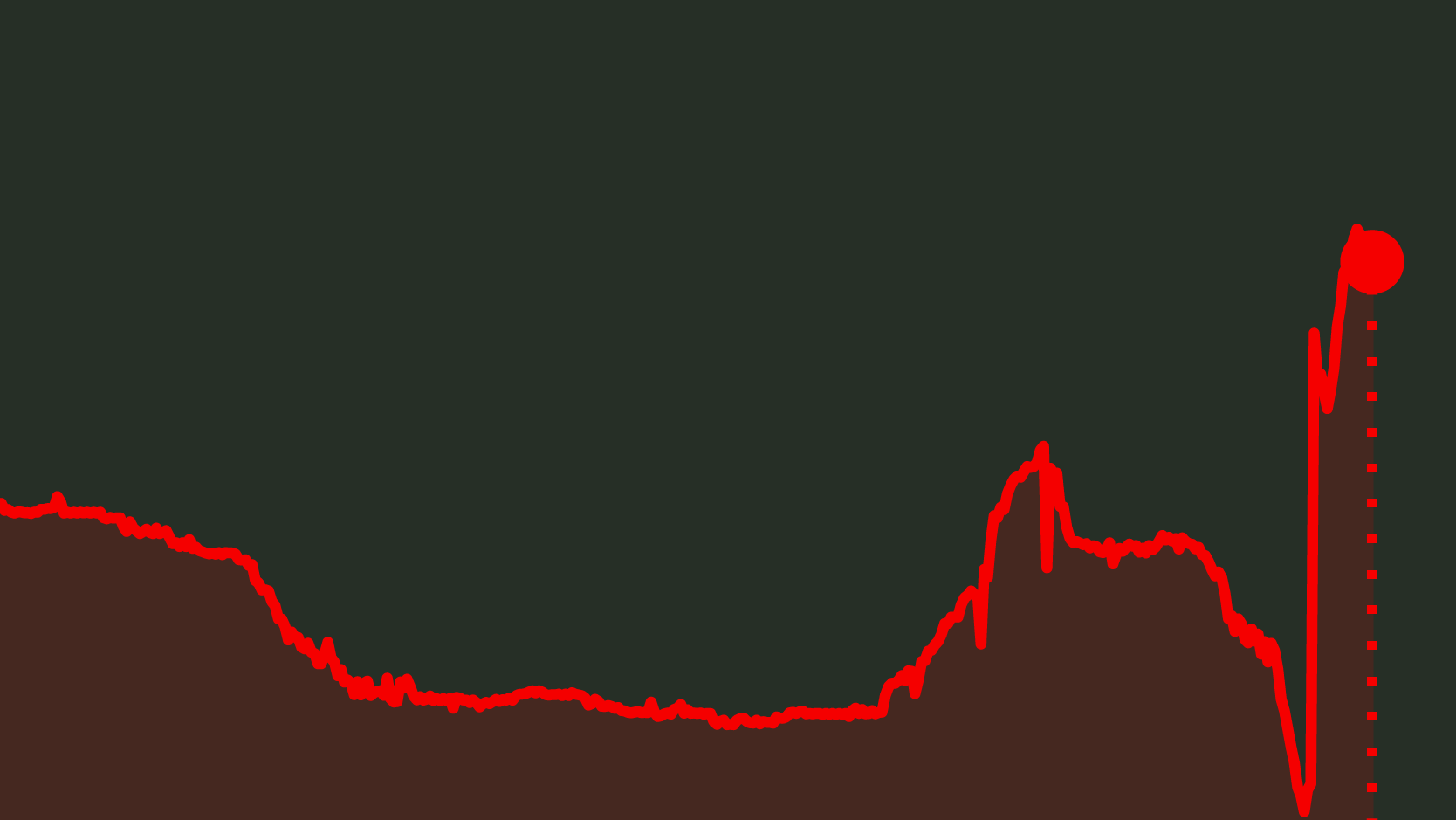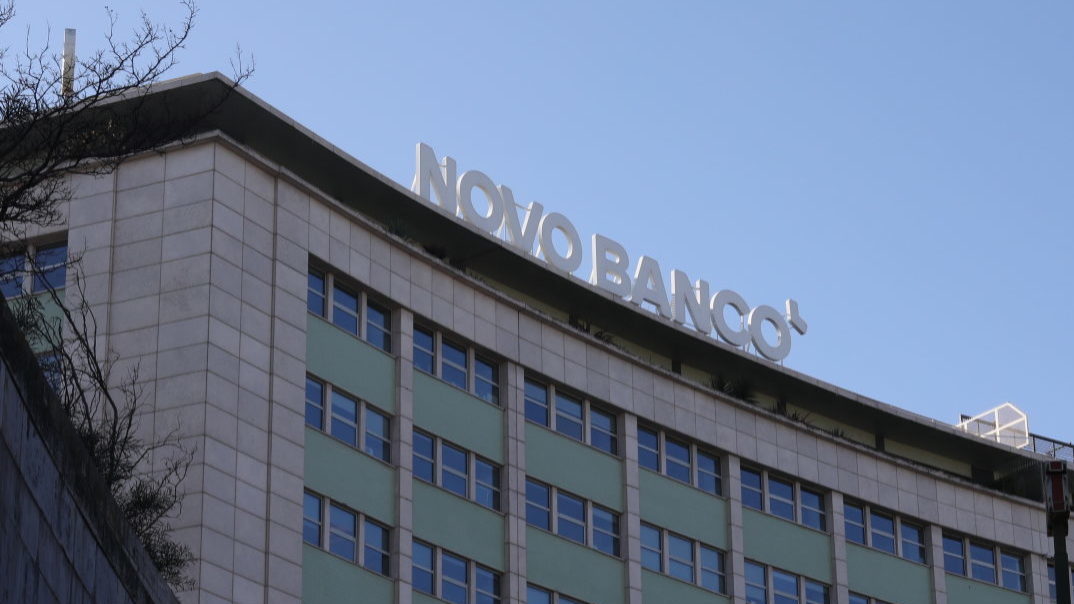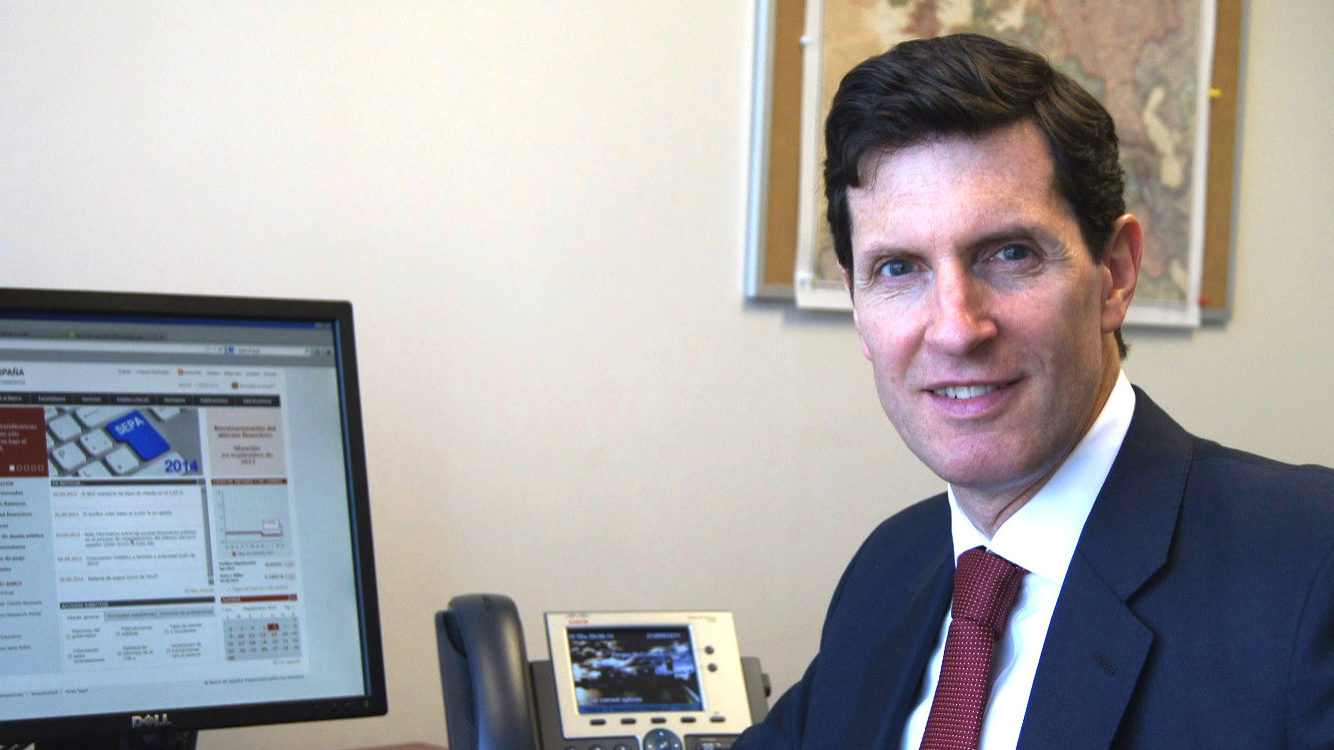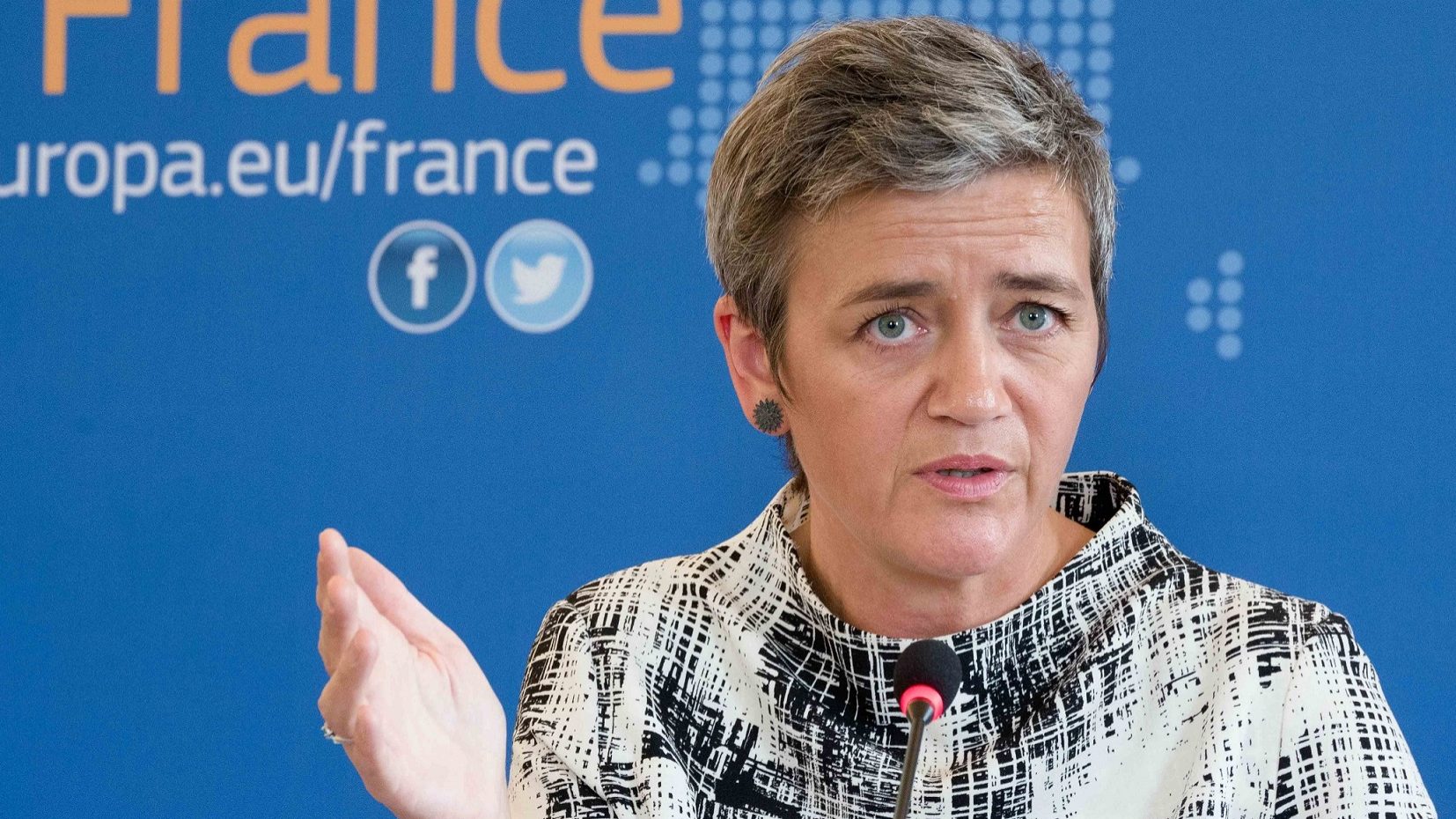Novo Banco’s bond exchange: DBRS considers there is the risk of “selective default”
The Canadian agency believes there is the risk of selective default for the senior bond exchange in Novo Banco. DBRS places the rating under review with negative implications.
This Thrusday, the Canadian rating agency DBRS has placed Novo Banco’s senior ratings under review with negative implications, “threatening” to lower even more the ‘CCC’ rating it gave those debt securities. The Canadians believe the exchange of senior bonds, one of the requirements for the sale of Novo Banco to Lone Star, may represent a “selective default” from the institution.
“During the review period, which could last longer than 3 months, DBRS will focus on the terms and conditions of the liability management exercise which are still unknown at this stage. DBRS would likely view any liability management exercise as a distressed exchange if the terms of the transaction are disadvantageous to bondholders“, states the Canadian agency in a press release sent this Thursday.
“In such an event, DBRS anticipates that the Bank’s senior debt ratings would be downgraded to “D” to reflect the fact that according to DBRS’s methodology the offer is considered as coercive for the senior debt holders and the notes have defaulted as per DBRS’s Default Definition, which include securities described as a Distressed Exchange” is also justified in the press release.
Therefore, analysts conclude that Novo Banco‘s rating must be considered as being in “selective default”, because as far as they are concerned, the bank failed in complying with an obligation concerning issued debt.
"DBRS anticipates that the Bank’s senior debt ratings would be downgraded to “D” to reflect the fact that according to DBRS’s methodology the offer is considered as coercive for the senior debt holders and the notes have defaulted as per DBRS’s Default Definition, which include securities described as a Distressed Exchange.”
At issue is one of the requirements imposed by Lone Star in order to make a one billion euros’ injection in Novo Banco, which was to have a “voluntary” senior bond exchange for other debt securities, aiming to reinforce the bank’s capital by 500 million euros.
During the conference announcing the sale of Novo Banco, on March 31, the governor of the Bank of Portugal, Carlos Costa, assured the solution “doesn’t involve an involuntary action” and “it will not affect bondholders’ capital”. The sale is still awaiting the approval of the ECB and the European Commission.



